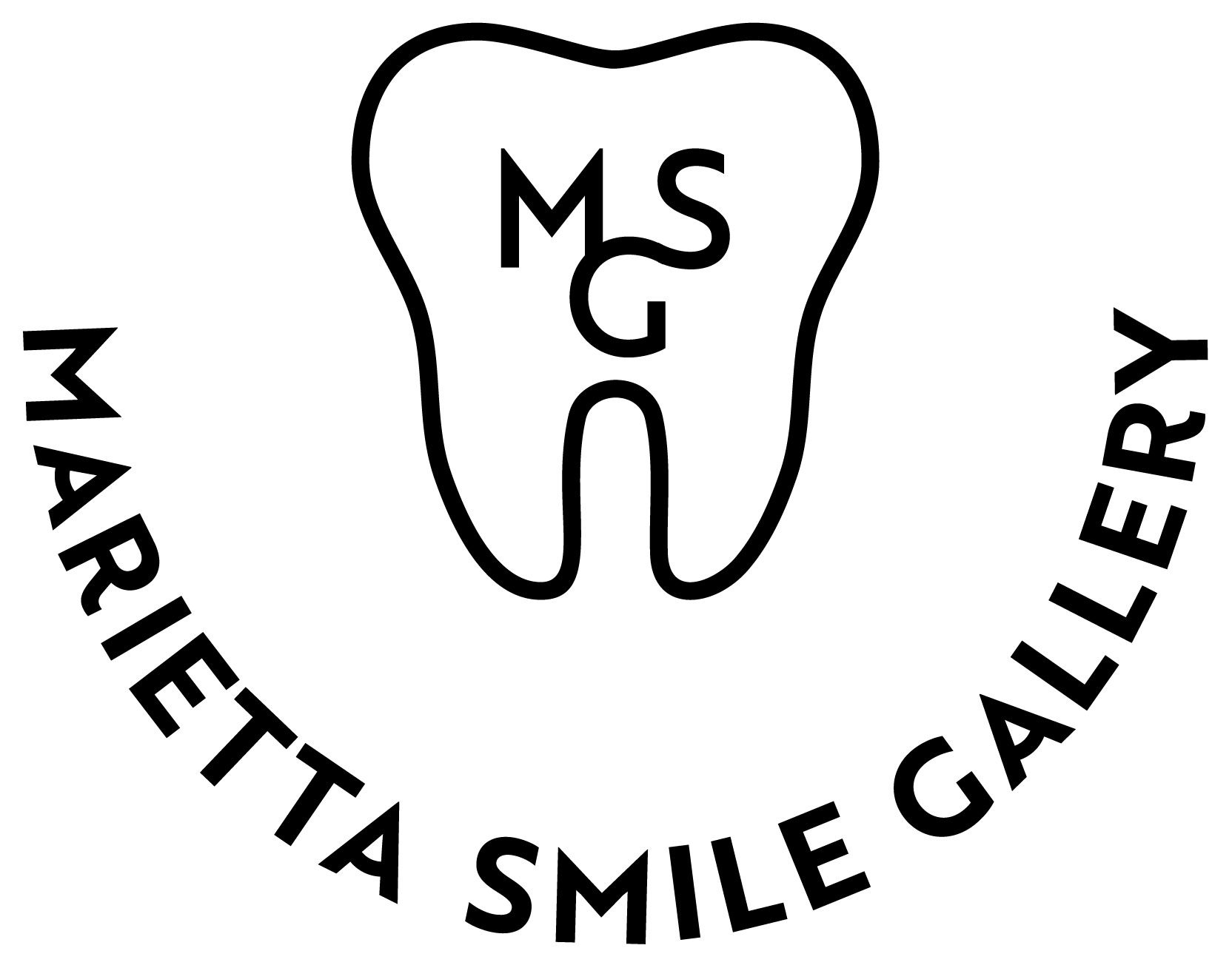
Dental implants are great options when it comes to replacing damaged or missing teeth, which can affect how you speak and chew. If you are a self-conscious individual, dental implants can help restore your self-confidence. However, if you choose to get dental implants you need to care for them the same way you care for your natural teeth, assuming you have good dental hygiene.
Today, dental implants are one of the most popular treatment options for damaged and/or missing teeth in adults. They can also help stabilize dentures for function and comfort. Research from the American Academy of Implant Dentistry suggests that more than three million adults in America have dental implants. This number is growing by about half a million every year.
Why You Should Care for Your Dental Implants
Just because dental implants cannot get cavities does not mean you should neglect to care for them. If you do so, bacteria will collect near your gums and cause different kinds of complications. Bleeding is the first sign that you are having a problem taking care of your dental implants. Bleeding around the dental implants, also called mucositis, often results from poor cleaning.
You should seek treatment for this problem as soon as you catch it; otherwise, it can lead to bone loss. Bone loss, also called peri-implantitis, is untreatable. Therefore, once it happens, your dentist may have to remove your dental implants. You should learn how to care for your dental implants to prevent this from happening.
How to Care for Dental Implants to Ensure Longevity
You need to make certain efforts and use specific techniques to keep your dental implants clean and free of plaque and bacteria. Plaque and bacteria can cause serious infections around the implants, which can subsequently lead to implant loss. Both you and your dental hygienist will play a critical role in taking care of your dental implants.
Use the Right Toothbrush
It is important to use the right toothbrush to clean your dental implants. Electric toothbrushes, for example, can get rid of biofilm better than a regular toothbrush. This is because they can generate more brush strokes than your hand. In spite of the type of toothbrush you use, you should brush for at least two minutes using a brush with soft bristles.
Use Interproximal Aids
Water flossers, according to studies, can disrupt bacteria located in deep pocket depths measuring up to six millimeters. However, you need to learn about the right techniques of interproximal dental care. If you choose to use water flossers, do so in a low-pressure setting. You should also consider using dental products that promote gingival stimulation. These include proxabrushes with plastic wires, rubber-tip stimulators, and soft picks. When choosing dental floss, go for those that do not leave plastic behind or shred.
Use Protective Appliances
These include items such as retainers and night guards. They reduce the occlusal load on your dental implants while clenching or grinding your teeth at night. However, you should use occlusal guards only if your dentist recommends them. You should also consider using fabricated retainers with a dental implant proximal to your natural teeth. This will help prevent open contact from taking place.
In addition to these care tips for dental implants, routine professional dental appointments are just as important. For more tips on how to care for your dental implants, call Marietta Smile Gallery at 770-809-1500. Located in Marietta, Georgia, we specialize in preventative, restorative, and cosmetic dentistry.


